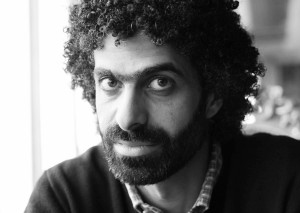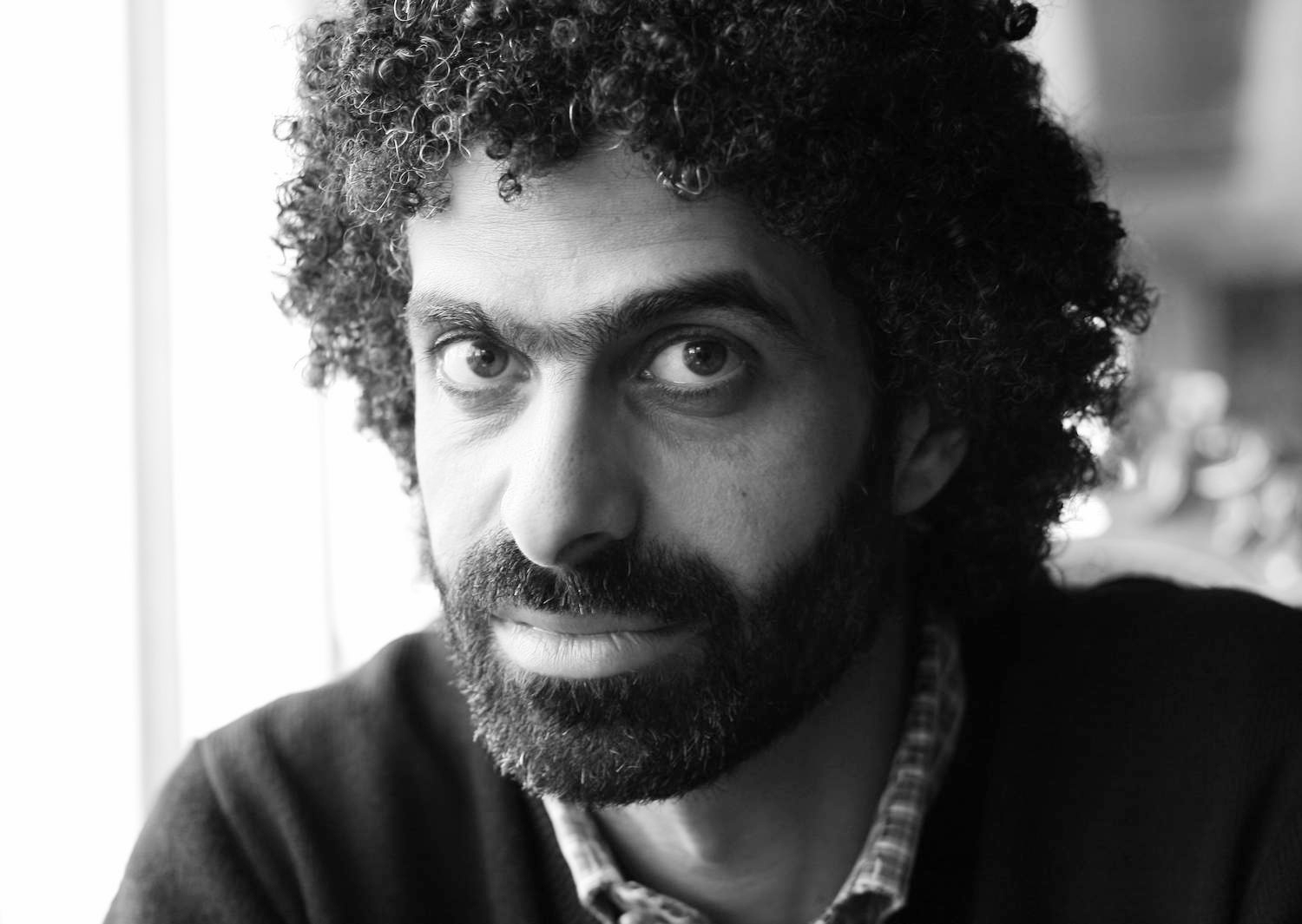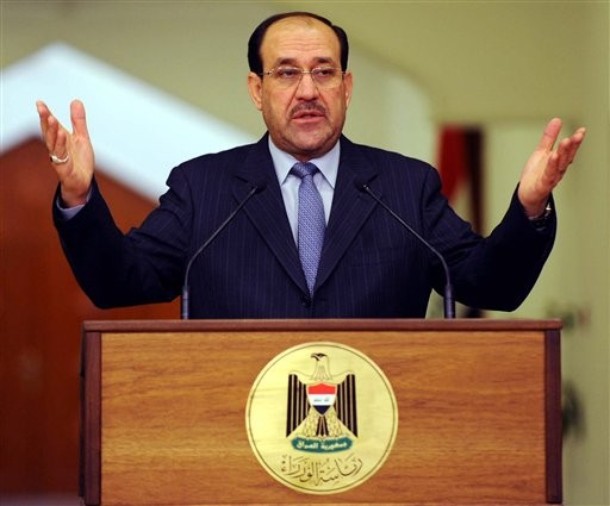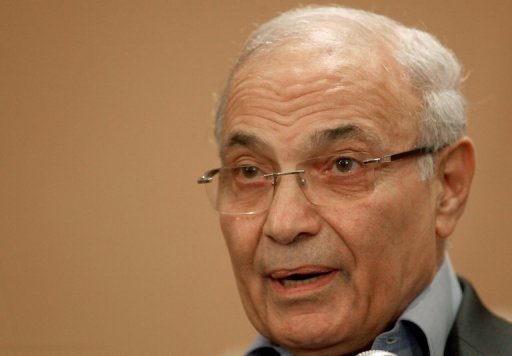
The revolutionary have wisely recognised that they have lost the constitution’s battle for the Muslim Brotherhood and it seems that they understand that it is only one of many still ahead. However, they keep blaming it on the voting process manipulation, which is negligible of a deeper failure they have. The talk is so much focused on the many well documented violations in its two referendum rounds, which did happen. However, they stop at this and don’t seriously engage in serious self-criticism.
Briefly, the figures show that about 64 per cent voted “Yes” out of a 32 per cent participation by those who have the right to vote. A question rises here: why 68 per cent did not feel encouraged to participate?
Maybe some would say that it is due to the high illiteracy rate Egypt suffers from, which is a valid answer. But it is never enough of a justification.
The revolutionary are still failing to communicate their message to the public. That powerful and silent political entity that has the final say in electoral processes. And that silent entity has a strong feeling that the revolution has been “stolen”, as a taxi driver would claim and debate.
It is not necessarily true that the revolution is stolen, but it strongly appears to the public to be the case, once by the military and now by the Brotherhood. While in the middle of all these political complications and revolutionary struggle back and forth, the average citizen does not see a sign of own-life improvement or even a long-run clear promise of this.
“The revolution is continuing!” A true slogan repeatedly stated by the revolutionary, but do they stand up for it? Unfortunately, they do not! And this is what confuses the average citizen causing disappointment and detachment from current political developments.
Again, why 68 per cent of the population did not go to vote in such a critical phase the country is going through? The answer is that they are simply disconnected. They are back to the careless attitude of Mubarak’s era. Thanks to the pathetic and strategically-scattered revolutionary PR.
Obviously, the people have significantly grown mature in the past 23 months. They now understand what the anti-revolutionary powers are doing and are relatively able to spot “conspiracies” by different entities. Why does not that help? Apparently, the average citizen lost faith in the revolutionary. It is not the end of the world, as faith comes and goes. But it is again the miserable reality of the revolutionary fragmentation and lack of clarity in communicating their struggle.
What kind of a message an average Egyptian, who is in favour of the revolution, would understand seeing what is called The National Salvation Front, headed by Mohamed ElBaradei coming up with press conferences with very obvious remnants of Mubarak’s regime figures (feloul) and claim it is a pragmatic coalition against the oppressive Brotherhood’s constitution?
Probably, the revolutionary would look very pathetic, scattered and desperate in her/his eyes. A citizen would easily lose confidence in having hope of any change achieved by such an incoherent and linguistically unclear entity.
It is great that the people currently understand the challenges against the revolutionary, but what the revolutionary themselves should do about this? I think based on this ground they should communicate their clear goals and progress stages reaching them with the people.
The people will of course see it difficult, but it is a matter of belief and hope that can make a big difference when it comes to voting. It would probably push a significant portion of that passive 68 per cent to leave there houses and stand for hours in front of polling stations to vote “No” against the constitution because it is simply not the one that people died for. It does not match with what the revolution broke out for.
It is obviously a very tiring long revolution that has just started. But stating the goals that clearly appeal to the average citizen caring about her/his daily life, bringing food to the table and living with human dignity, are in total fundamental to gain people’s engagement. Parallel to this, a clear path should be announced and shared with the people in order to have them engaged and ready for mobilisation and heading to the streets again and again once support is needed, or once one of such clear goals needs popular enforcement.
The revolution is still in the very beginning achievement-wise, and its square one is not totally taken over yet following Mubarak’s fall. Entities that prevent having this accomplished should be clearly announced and be politically targeted by the revolutionary and having this shared with the people. Only once the anti-revolutionary powers fall one after the other, the revolution can step forward to square two and claim building the new Egyptian state of functioning institutions.




